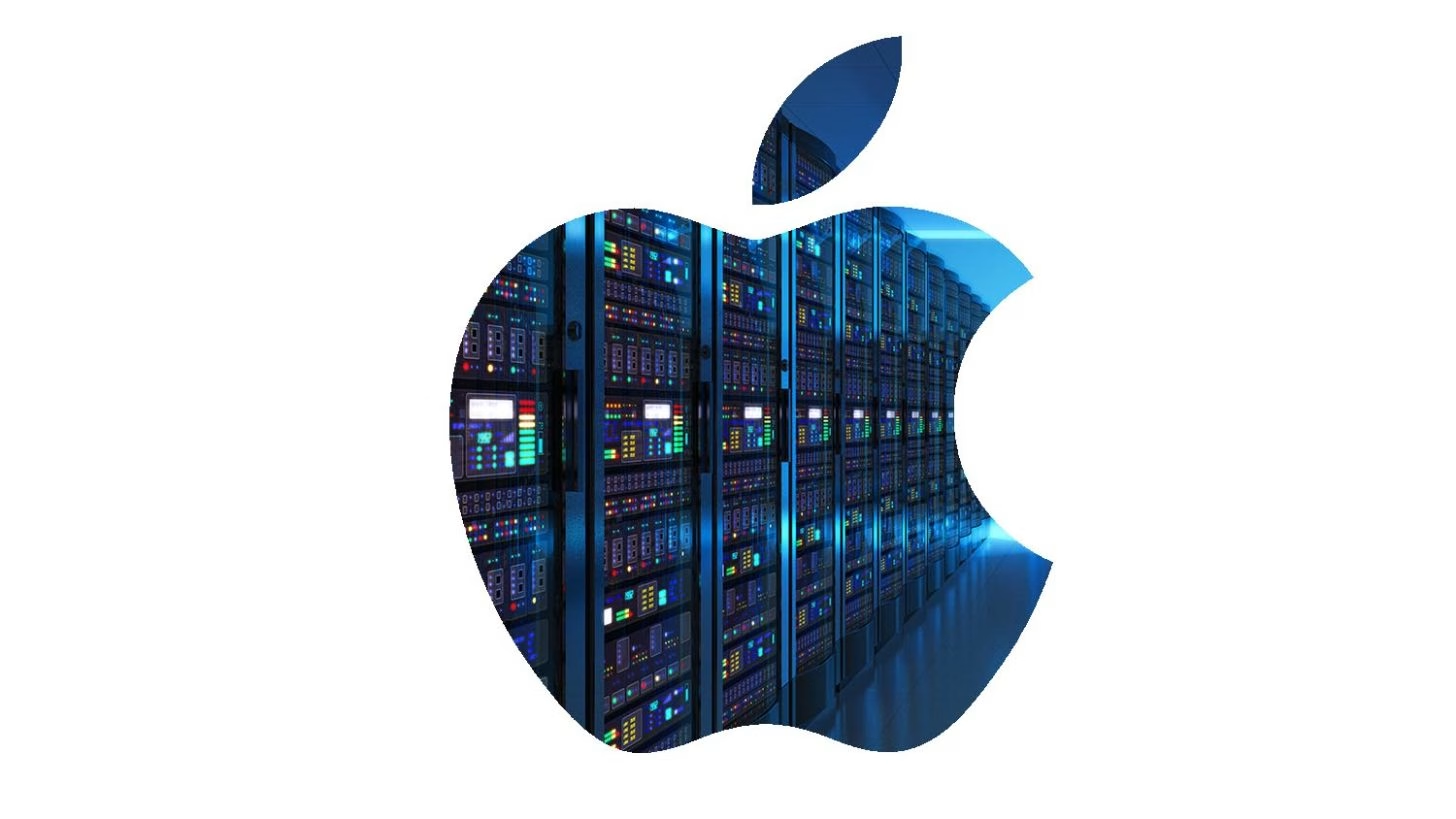Apple's New Language Model Sets Speed Record for Long-Form Text Generation
Notably, Apple researchers recently unveiled a significant advancement in AI text generation: a novel language model capable of producing long-form text at speeds up to 128 times faster than existing autoregressive models. This breakthrough, detailed in a paper published on October 13, 2024, introduces what Apple is calling "Diffusion Models as Data Augmentation" (DMDA). It represents a critical step toward more efficient, responsive, and potentially on-device AI experiences. We're talking about generating extensive passages, say 512 tokens, in mere fractions of a second. Imagine that speed in real-world applications!
The Power of Parallel Processing: A Diffusion Revolution
At the heart of DMDA's incredible speed lies its innovative use of diffusion techniques, a methodology typically associated with image generation (think DALL-E or Midjourney). Traditionally, large language models (LLMs) operate in an autoregressive manner, meaning they generate text token-by-token, building a sentence word by word. It's a bit like typing out a story one letter at a time, albeit very quickly.
Reshaping Apple's On-Device AI Ambitions
This isn't just a technical curiosity; it’s a direct response to some of the biggest challenges facing consumer-grade AI. For Apple, a company deeply invested in on-device processing for privacy and performance, DMDA's efficiency is nothing short of pivotal. Current, powerful LLMs often require immense computational power, typically relying on cloud servers. This can introduce latency, security concerns, and significant energy demands.
The Buzz: Expert Opinions and Community Excitement
Naturally, a development of this magnitude has garnered significant attention from the AI community. Industry leaders have been quick to weigh in. Andrej Karpathy, a former AI lead at OpenAI and Tesla, perhaps put it best, quipping on social media, "Diffusion for text? Apple's onto something—128x speed could make on-device LLMs practical. Transformers are dinosaurs now." High praise indeed! Even Meta AI chief Yann LeCun acknowledged it as an "interesting pivot to diffusion," noting its alignment with work on energy-efficient AI and Apple's continued privacy focus.
On the ground, among the tech-savvy public, excitement is palpable. Discussions across platforms like Reddit and Twitter show users eagerly anticipating what this means for their daily Apple experience. "If this hits iOS, writing emails on iPhone just got 100x better," one user exclaimed. Another popular sentiment revolves around battery life: "Finally, AI that doesn't drain my battery!" However, it's not all sunshine and roses. Some developers have expressed impatience for open-source access, eager to experiment with the model themselves, while a few experts on Reddit cautiously noted that while "impressive," it still "lags in creativity compared to GPT-4" for some complex generative tasks. But, hey, you can't have everything right out of the gate, can you?
The Road Ahead: Integration and Impact
While the paper is public, DMDA isn't ready for your iPhone just yet. Apple has hinted at a future GitHub release for the model’s code and specifics, following a pattern similar to their OpenELM series earlier this year. Don't expect a consumer rollout tomorrow, but speculation is already rife about its potential integration into iOS updates sometime in 2025, likely enhancing the capabilities of Apple Intelligence features introduced with iOS 18.
This move reinforces Apple's position in the evolving AI landscape, distinguishing its approach from companies focused solely on building ever-larger, cloud-dependent models. By prioritizing speed and efficiency, Apple is making a strong play for AI that respects user privacy and runs economically on edge devices. For regulators in regions like the EU, who are increasingly scrutinizing AI's environmental impact, an energy-efficient model like DMDA could be seen as a welcome development, aligning with broader goals for sustainable technology. The race for AI dominance continues, but Apple's DMDA has certainly injected a potent dose of speed into the competition. It'll be fascinating to watch how this unfolds.
